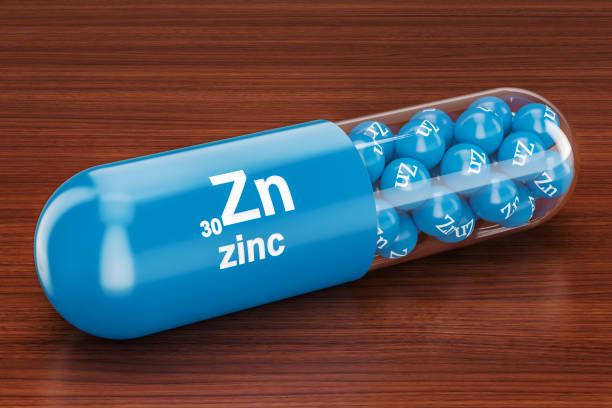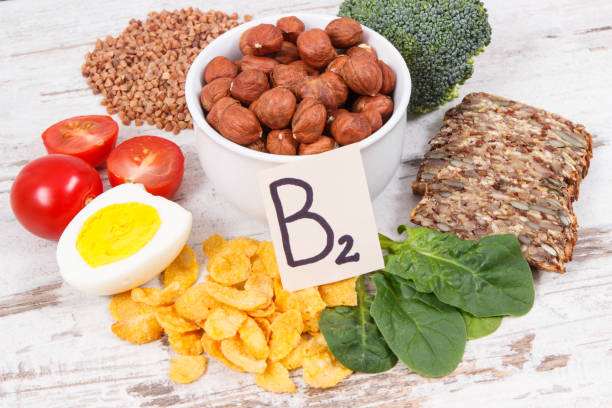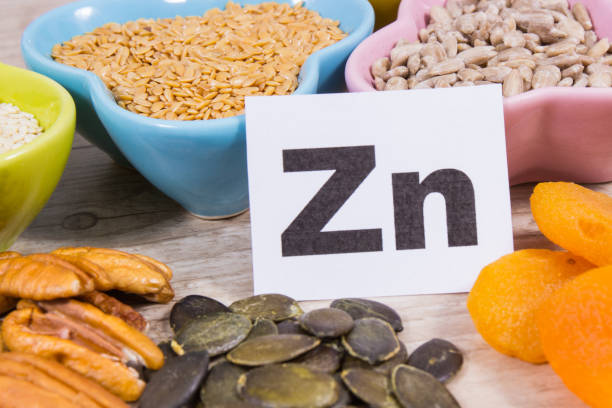Introduction
Zinc is an essential mineral that plays a crucial role in various physiological processes in the body. From supporting immune function to aiding in wound healing and DNA synthesis, zinc is involved in numerous biochemical reactions. This article delves into the importance of zinc in the body, its functions, dietary sources, and potential health benefits.

What is Zinc?
Zinc is a trace mineral that is vital for overall health and well-being. It is found in cells throughout the body and is involved in various enzymatic reactions. While the body does not produce zinc on its own, it must be obtained through diet or supplementation.
Functions of Zinc in the Body
Immune Function
Zinc plays a crucial role in supporting the immune system. It is involved in the development and function of immune cells, including T cells, which help regulate the body’s immune response. Zinc deficiency can impair immune function, leading to increased susceptibility to infections and illnesses.
Wound Healing
Zinc is essential for wound healing and tissue repair. It helps regulate inflammatory responses and promotes the production of collagen, a protein that forms the structural framework of tissues. Adequate zinc levels are necessary for the formation of new tissue and the closure of wounds.
DNA Synthesis and Cell Division
Zinc is involved in DNA synthesis and cell division, processes that are essential for growth and development. It plays a role in maintaining the integrity of genetic material and ensuring proper cell replication. Zinc deficiency can impair these processes, leading to growth retardation and developmental abnormalities.
Sense of Taste and Smell
Zinc is also involved in the maintenance of the sense of taste and smell. It is required for the proper functioning of taste buds and olfactory receptors, which detect and transmit sensory information related to taste and smell to the brain. Zinc deficiency can lead to alterations in taste perception and loss of appetite.
Dietary Sources of Zinc
Animal-Based Foods
Animal-based foods are rich sources of zinc. These include meat, poultry, fish, and shellfish. Red meat, in particular, is one of the best sources of zinc, as it contains a highly bioavailable form of the mineral.
Plant-Based Foods
Certain plant-based foods also contain zinc, although the bioavailability of zinc from these sources may be lower compared to animal-based foods. Good plant-based sources of zinc include legumes (such as beans, lentils, and chickpeas), nuts, seeds, whole grains, and fortified cereals.
Supplements
Zinc supplements are available in various forms, including zinc gluconate, zinc sulfate, and zinc acetate. They are commonly used to treat zinc deficiency or as a preventive measure for individuals at risk of deficiency, such as pregnant women, vegetarians, and those with gastrointestinal disorders.

Health Benefits of Zinc
Supports Immune Health
Zinc plays a critical role in supporting immune function and defending the body against infections. Adequate zinc levels are associated with a reduced risk of respiratory infections, such as the common cold and pneumonia.
Promotes Skin Health
Zinc is involved in wound healing and maintaining skin integrity. It helps repair damaged tissues, reduce inflammation, and support the skin’s natural barrier function. Zinc supplements or topical preparations may be beneficial for individuals with skin conditions such as acne, eczema, or psoriasis.
Enhances Reproductive Health
Zinc is important for reproductive health in both men and women. In men, zinc is required for the production of testosterone and sperm. In women, zinc plays a role in hormone regulation and fertility. Adequate zinc levels are essential for optimal reproductive function.
Supports Cognitive Function
Zinc is involved in neurotransmission and brain function. It plays a role in synaptic activity, learning, and memory. Adequate zinc levels may help support cognitive function and reduce the risk of age-related cognitive decline.
Risks of Zinc Deficiency
Impaired Immune Function
Zinc deficiency can weaken the immune system, increasing the risk of infections and illnesses. Individuals with low zinc levels may experience more frequent infections and prolonged recovery times.
Delayed Wound Healing
Insufficient zinc levels can impair wound healing and tissue repair. Slow healing of wounds, ulcers, or surgical incisions may occur in individuals with zinc deficiency.
Growth and Developmental Issues
Zinc is essential for growth and development, particularly during childhood and adolescence. Zinc deficiency can lead to growth retardation, delayed sexual maturation, and developmental abnormalities in children.

Conclusion
Zinc is a vital mineral that plays diverse roles in the body, from supporting immune function to promoting wound healing and maintaining reproductive health. While zinc deficiency is relatively uncommon in developed countries, certain populations may be at risk, including vegetarians, pregnant women, and individuals with gastrointestinal disorders. Consuming a balanced diet rich in zinc-containing foods and considering supplementation when necessary can help ensure adequate zinc intake and support overall health and well-being.



